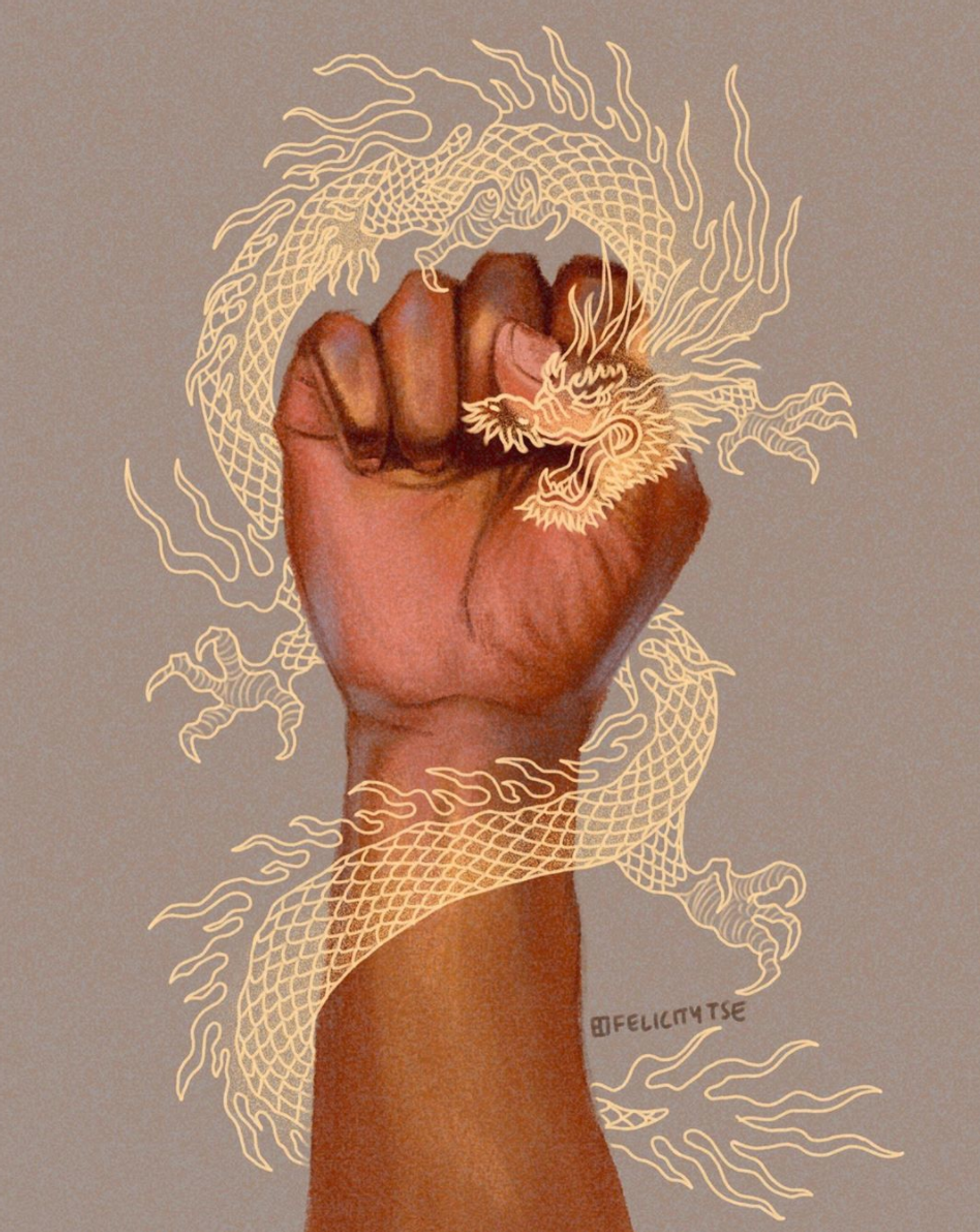Becoming A Better Person Requires Holding Yourself Accountable
Growth means acknowledging mistakes, not hiding them.
With the Black Lives Matter movement initiating more conversation on effective allyship, more people have taken to social media to condemn "cancel culture." The main issue with cancel culture is that "canceling" people with a problematic past allows little space for learning and growing. Rather than engaging in cancel culture, many have encouraged allowing people to educate themselves and become better people. While I agree that people should also be encouraged to learn, that doesn't mean that their past mistakes should be dismissed or looked over either. Accountability is necessary for personal growth, and people need to be held responsible for their harmful words and actions. Being "canceled" doesn't allow for growth, but neither does excusing mistakes with the assumption that someone is a different person now.
People who have large platforms and followings especially need to take responsibility for their actions. It's not enough to excuse them with the assumption that they're not the same person now or that they've changed. For example, TikTok user @riridoesthings was recently called out on Twitter by Davon Clark, a former partner, who brought her past racism and biphobia to light. Clark stated that when he reached out to @riridoesthings about her past behavior, she was resistant to apologizing in fear of damaging her image and her platform -- a platform that she, a non-Black person, built from anti-racist activism during the recent surge in the Black Lives Matter movement. Her resistance to holding herself accountable for the sake of keeping up an image is extremely telling. Some have come to her defense with the excuse that she must have changed since then, but her inability to take responsibility for her past actions until she was pressured to do so calls into question how much she has actually changed.
Instances such as this one highlight the importance of personal accountability. If @riridoesthings is unwilling to acknowledge and apologize for her past mistakes because she doesn't want to risk ruining her image, then her motives as an activist appear performative: her priority is herself and not the community she claims to support. If she can't even admit to her past mistakes and her own internalized anti-Blackness, how much could she have grown? How would she have been able to change if she was never willing to acknowledge what, exactly, needed to change? "Canceling" someone isn't productive, but that doesn't mean we should stop holding people accountable for their actions. Growth means acknowledging mistakes, not hiding them.
People's reactions to their past mistakes are always telling of how much they have truly grown. If someone's response to being confronted with their past is to become defensive or make excuses for themselves and deflect responsibility, they clearly haven't been able to hold themselves accountable and understand why their actions were harmful. People are allowed to make mistakes, but becoming a better person means they need to take full responsibility for those mistakes.


























